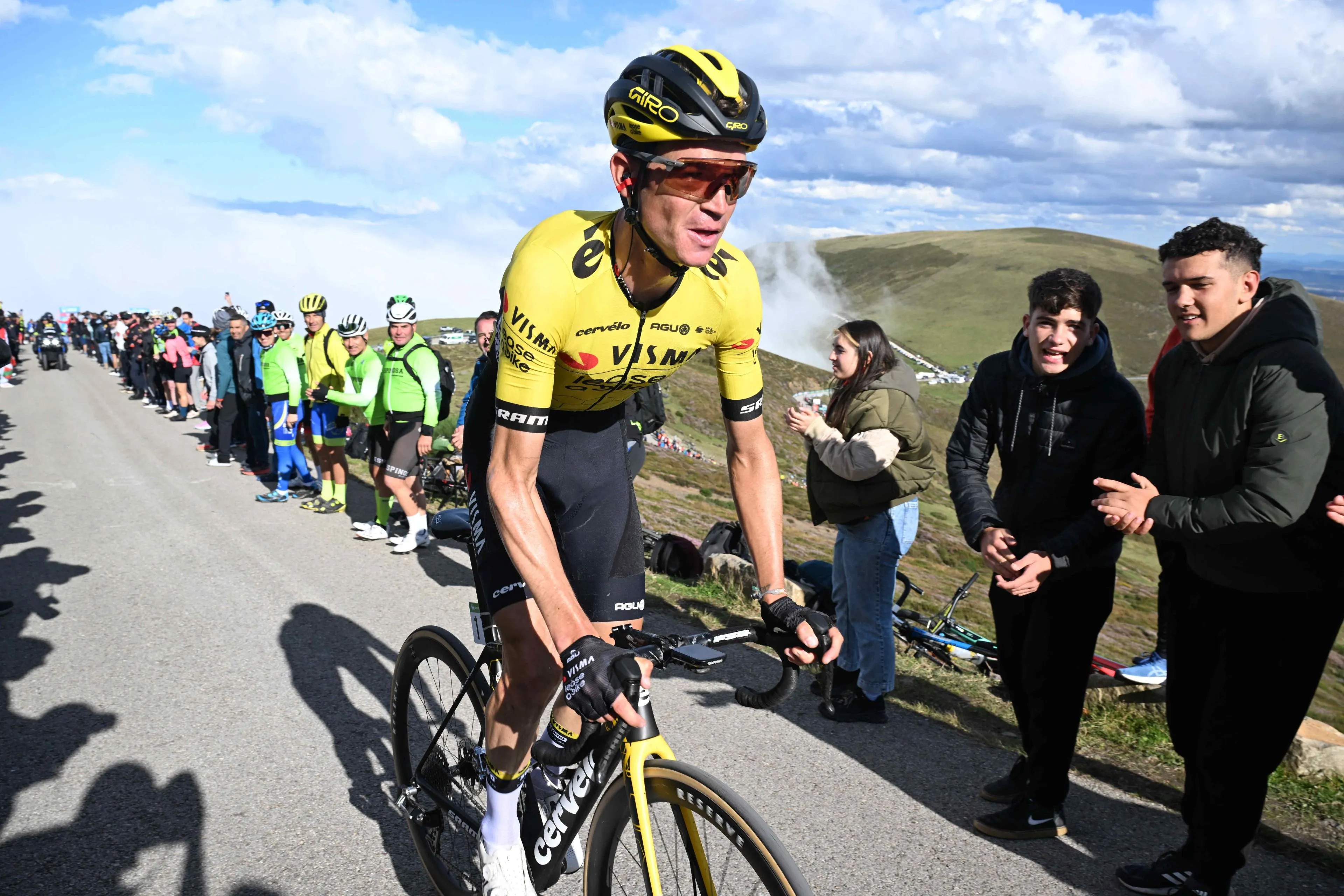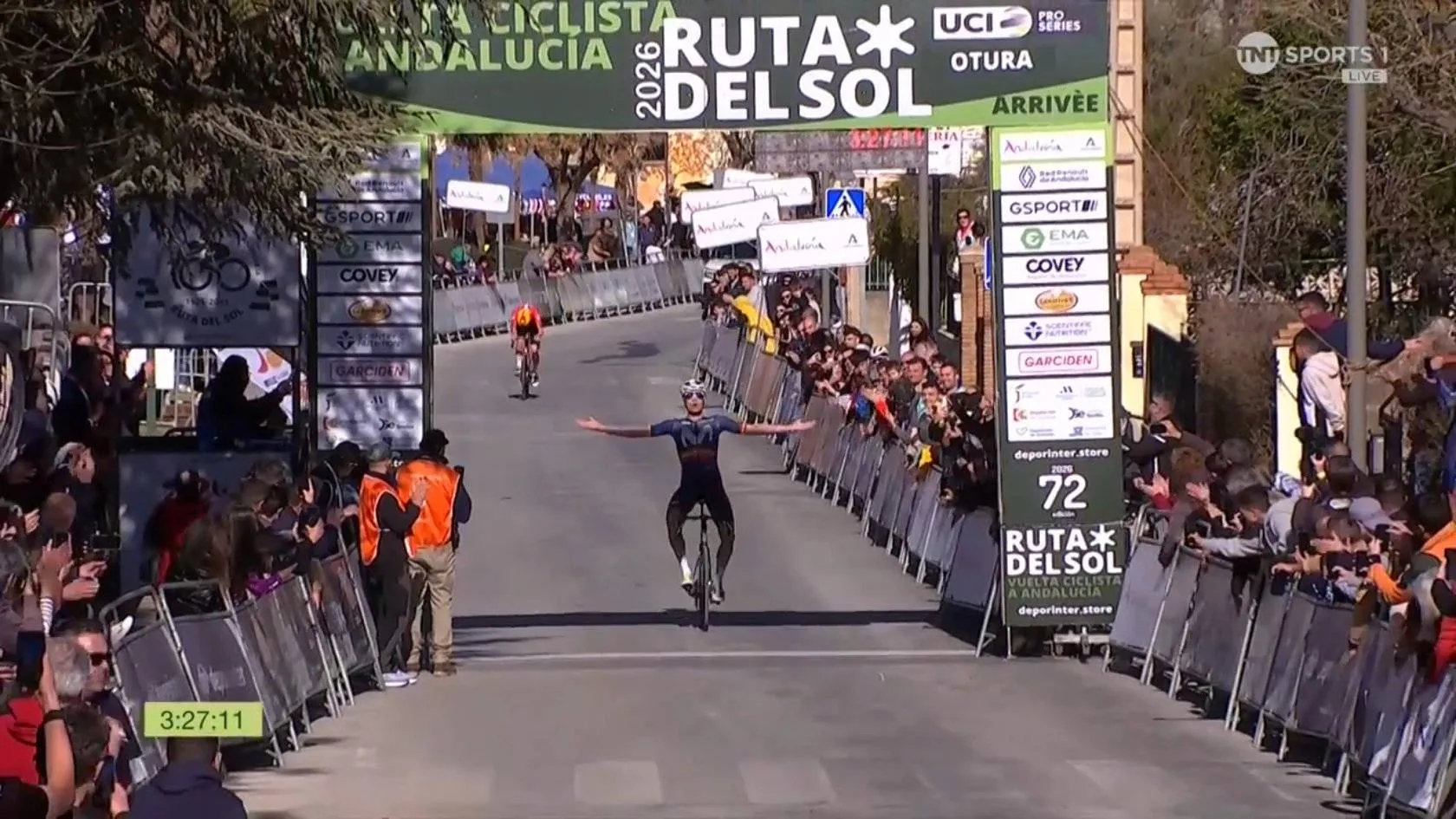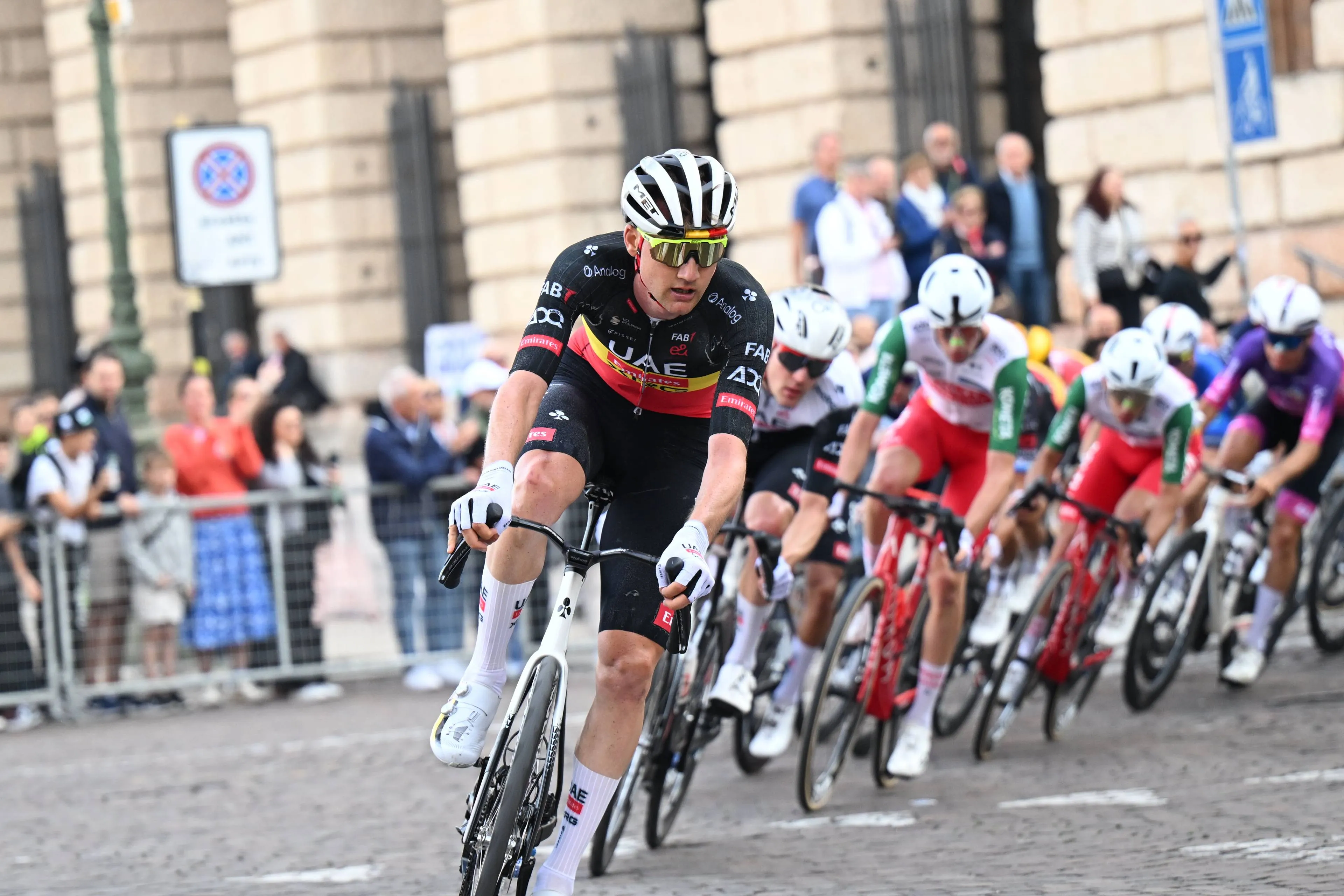"Think Mathieu van der Poel away and you have a crisis" – Is the future of Dutch cycling in jeopardy?
CyclingMonday, 21 October 2024 at 13:00

The Netherlands is synonymous with cycling, with Dutch
people riding bikes to work, and stars like Mathieu van der Poel winning world
championships on the road, gravel and in cyclocross. But Dutch cycling couldn’t
be at risk could it?
The short answer is no, probably not, however, some believe
that Dutch competitive cycling is facing a troubling trend that threatens its
future. The Dutch Cycling Federation (KNWU) has noticed a decline in
participation, and cycling journalist Thijs Zonneveld has voiced concerns about
the state of Dutch cycling.
Read also
“We sometimes worry about the generation that is coming,”
says Joost van Wijngaarden. Fewer people are obtaining permits to race, and
only a small fraction of the potential cycling talent is being nurtured.
The drop in permit holders is around 10,000, despite
research suggesting there are as many as 200,000 people in the Netherlands who
could be passionate cyclists. “We have an ever-shrinking pond to cast our rod
in,” van Wijngaarden explains. The next Mathieu van der Poel or Puck Pieterse
could be drawn to other sports like rowing or hockey because cycling has not
been made attractive enough for them.
Thijs Zonneveld shares these concerns with Wielerrevue,
noting that Dutch cycling has become increasingly reliant on a few standout
riders. “Think of Dutch cycling without Mathieu van der Poel, and you suddenly
have a near-crisis,” he said. Without Van der Poel, the sport’s profile and
success would suffer immensely. It’s worth noting that the Dutchman has been in
superb form over the past few seasons, as he has dominated the cobbled classics
and has may rainbow jerseys to his already legendary name.
Read also
Zonneveld warns that this dependency on a handful of riders
like Van der Poel and Marianne Vos highlights how unique the period from 2013
to 2024 has been for Dutch cycling. He argues that reforms are necessary,
including lowering the barrier to entry for races and solving logistical
issues, such as the shortage of police motorcycles that is preventing races
from happening in the Netherlands.
With cycling's future in jeopardy, van der Poel's presence
is more crucial than ever. Without him, and legends like Mariane Vos, Dutch
cycling risks falling into a rut it may struggle to climb out of. But, for a
country with such a rich history of cycling, this is surely a problem that can
be addressed adequately.
claps 0visitors 0
Just in
Popular news
Latest comments
- Minor flaws.... thats like suggesting Genghis Khan was a bit aggressive with other countriesslappers6619-02-2026
- Then you carry on if that's what makes you happyslappers6619-02-2026
- Fabio cannot catch a break.mij19-02-2026
- OK, today is the "air conditioner"... yesterday was a cramp... on saturday a bee will sting him in his tongue... his tongue will swell up and mustafa gets no oxygen. Because of his swollen tongue, Remco won't be able to give us a new excuse. Remco and the spanish rat Ayuso should be on the same team. They both have a ton of excuses and both of them are liars. Ad acta.Mou-Cro-HR19-02-2026
- Florian Lipowitz is secretly happy
 Rafionain-Glas19-02-2026
Rafionain-Glas19-02-2026 - The crucial thing to remember is that Remco was broken by the pace of Gall and Tiberi, not Del Toro's. Remco's excessive antics are because he doesn't want anyone to think that he's 'genuinely' struggling. You can always say 'he got cramps' because 'his preparation didn't go to plan', but the thing is that there is a limit to the number of excuses and exceptions that there can be. Eventually everyone just accepts that he's reached his ceiling on the climbs.
 Rafionain-Glas19-02-2026
Rafionain-Glas19-02-2026 - Bahraini suspicious..Santiago19-02-2026
- The problem is, a British 'boss' opening the gates, when the native workers not wanting them!
 leedorney19-02-2026
leedorney19-02-2026 - Who is overrating him on climbs? Everyone knows since ages it’s his weakness and needed years of work. Question us if he can do enough about it. For sure he won’t be able to improve his TT enough to compensate.Mistermaumau19-02-2026
- What do you call only seeing someone’s positives?Mistermaumau19-02-2026
Loading
2 Comments








